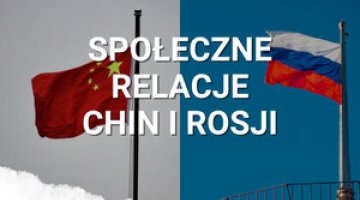Analyses
Russian Federation: Gazprom enters Libya via Italy
On 16–17 February, during an official visit by President Dmitri Medvedev to Rome, Italy and Russia signed several agreements, including the sale to Gazprom of parts of the Italian ENI group’s shares in one of its Libyan projects. The implementation of this agreement, however, depends on how the internal situation in Libya develops. The visit, which was intended to demonstrate the two countries’ strategic closeness, did not bring about any progress in talks on the South Stream project, which is of key importance for Moscow, and whose shareholders are Gazprom and ENI.
The parties signed a memorandum on inter-bank cooperation, and a pre-agreed intergovernmental agreement on air transit for Italian arms and military personnel for the mission in Afghanistan via Russia (the USA, Germany, France and Spain all have similar agreements with Russia). The most important agreement concluded in Rome, on Gazpromneft’s purchase of half of ENI’s shares (33% of the total) in Libya’s Elephant oil deposit, can be seen as a qualified success for Gazprom. On the one hand, the Russian company got less than it had wanted for agreeing to ENI’s 2008 acquisition of a shareholding in the Severenergy gas company. On the other hand, the agreement strengthens the Russian group’s presence in Libya, which is a major exporter of oil and gas to Europe (since 2007 Gazprom has had two concessions for the testing and exploitation of deposits on the Libyan shelf of the Mediterranean Sea, as well as shares in Libyan oil deposits controlled by the German Wintershall company). However, the implementation of that agreement has now been brought into question by the destabilisation of the situation in Libya. At the same time, the lack of agreement between Gazprom and ENI on the South Stream project (ENI is blocking the introduction of other shareholders, as it opposes any reduction of its participation in the project) demonstrates that there are still unresolved questions in these energy issues, which are of key importance to both countries. <EPA>




